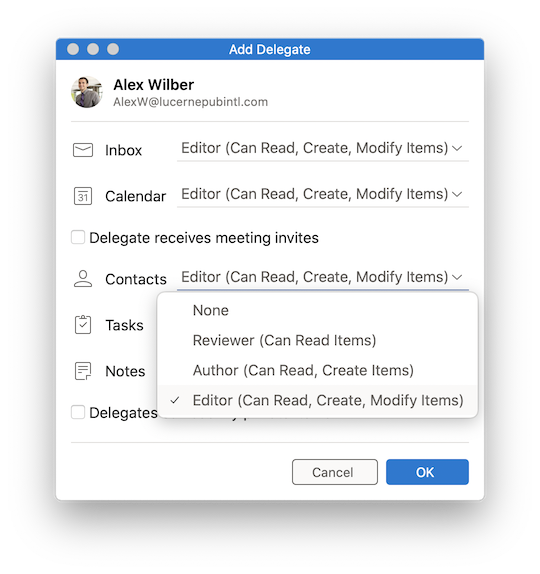

- OUTLOOK FOR MAC REPLICATING CALENDAR REMINDER OVER AND OVER HOW TO
- OUTLOOK FOR MAC REPLICATING CALENDAR REMINDER OVER AND OVER SERIES
The engine must be running in order to operate the calendar server.Ībout the Oracle Calendar Synchronous Network Connection Therefore, the Lock Manager must be running in order for the engine to function. At least one of the uniengd sessions belongs to the Synchronous Network Connection daemon ( unisncd described later in this chapter).īecause many of the calendar requests can be received at the same time, the servicing engines rely on the Lock Manager to ensure orderly access to the database of the local node (see Oracle Calendar Lock Manager later in this chapter). A listener listens for incoming client connections and (depending on the operating system) either starts uniengd session processes or creates uniengd session threads for each client it accepts. It then creates multiple uniengd Listeners. The first uniengd process created is the uniengd Controller.
OUTLOOK FOR MAC REPLICATING CALENDAR REMINDER OVER AND OVER SERIES
At startup, a series of uniengd daemons/services are started automatically for each node. All communication with the calendar database is handled by the engine. The Engine ( uniengd) accepts and services calendar requests. unicwsd also deletes redundant requests in order to optimize performance. If the request is for a replication to a remote node, it hands the request to the uniengd session servicing the request queue of the node. Similarly, it passes requests for wireless reminders and notifications to Oracle Mobile Collaboration.

If the request is for a mail notification, it hands the mail to the mail server.
OUTLOOK FOR MAC REPLICATING CALENDAR REMINDER OVER AND OVER HOW TO
Unicwsd examines each request in the request queue and determines how to handle it. The diagram shows one of these uniengd sessions. The uniengd daemon/service then creates one uniengd session process or thread per node to service each node's request queue. On startup, unicwsd sends a request to the uniengd daemon/service for a uniengd session for each node on the local machine. Unicwsd manages the request queue of each node on the local host. These request queues contain requests for alerts and e-mail notification, and requests for replication of data (resulting from creation, modification, or deletion of calendar information). This request queue is maintained within the node database and used by all uniengd sessions associated with the node. Another uniengd session associated with this local node services these requests in the same manner as reads on a remote node.Įach node has a request queue associated with it. In this case, the uniengd session places a request in the queue of the local node (see "Node Request Queue" later in this chapter for a discussion of the node queue). Writes to a Remote Node Writes to a remote node arise when the user adds, modifies, or deletes calendar or user information. The requesting uniengd session receives the information, returns the connection to the unisncd, and then passes the information to the client. When the unilckd grants access, the uniengd server retrieves the information, relinquishes access to the node database, and sends the information to the requesting uniengd session. The remote uniengd server then requests access to its local node database from its unilckd. When the unisncd passes a connection to that node, the client's uniengd session sends the read request to the uniengd server at the other end of the connection (see "Connections to Nodes" later in this chapter).
:max_bytes(150000):strip_icc()/001-sync-yahoo-and-iphone-calendar-1170761-56e6f372d98b4807a5e054fc1e9b997f.jpg)
Reads from a Remote Node To read information from a remote node, the client's uniengd session requests a connection to the remote node from the unisncd. It then relinquishes access to the node database, and if necessary, returns data to the client. When the unilckd grants access, the uniengd session performs the read or write operation. Reads and Writes on the Local Node To perform reads or writes on the local node, the client's uniengd session requests access to the node database ( $ORACLE_HOME/ocal/db/) from the unilckd. The client's uniengd session handles reads and writes on the local node (the node containing the user) differently from reads and writes on remote nodes. These operations involve either reads from, or writes to, node databases. During a user session, calendar and user information may be viewed, created, modified, or deleted.


 0 kommentar(er)
0 kommentar(er)
